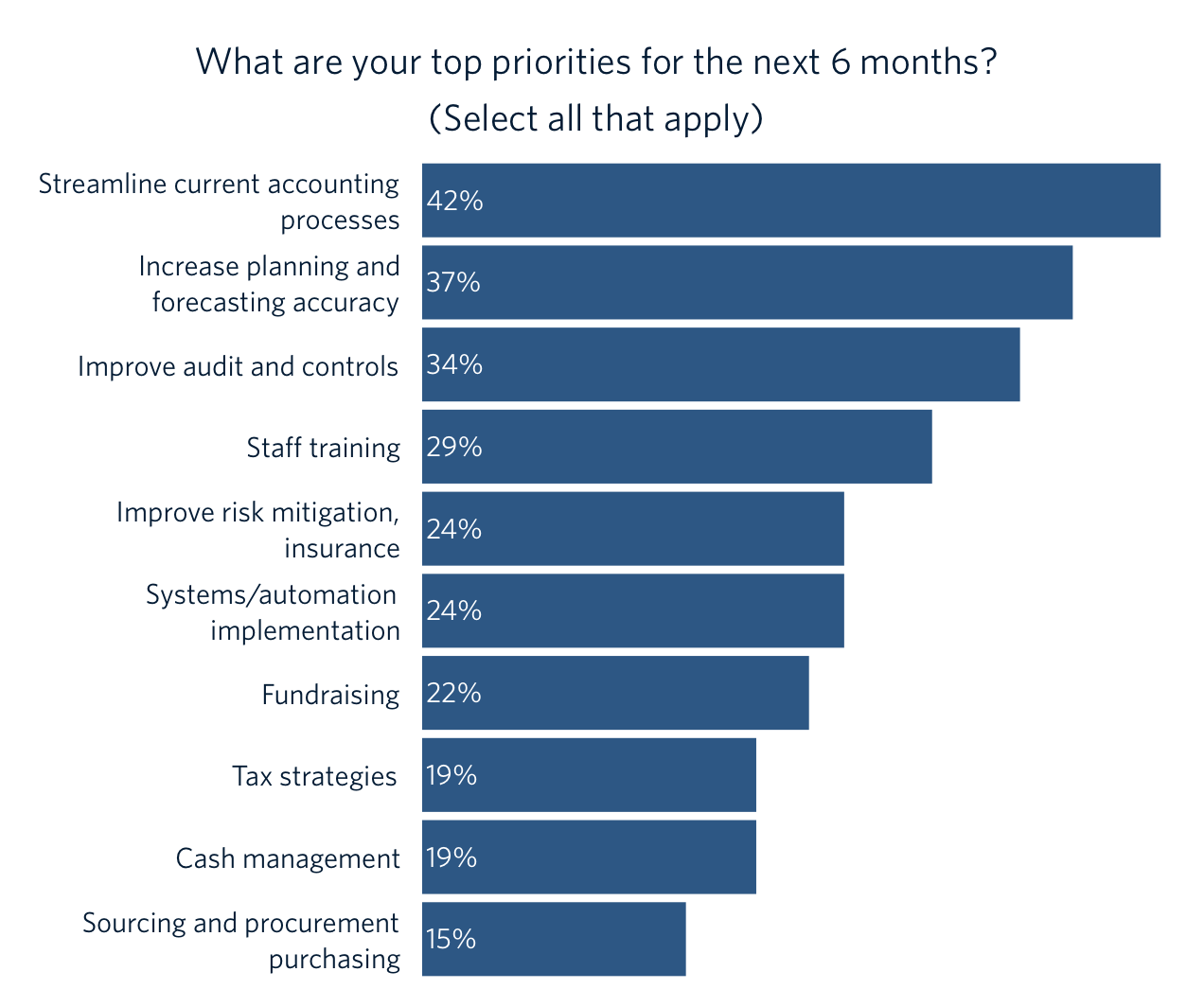
Do you ever wonder what your finance manager does all day? It may seem like they’re locked away, crunching numbers. But managing a company’s finances is far from a solitary job. In fact, Finance managers spend their time overseeing budgets, analyzing financial data, and making critical decisions that impact the bottom line. Understanding their role can give you a valuable perspective on financial decisions within your organization and the business world.
In this article, we’ll explore finance management and the tasks that finance managers undertake. By understanding their daily routine, you’ll grasp how financial decisions impact your role. Additionally, we’ll discuss the skills necessary to become a great finance manager. Whether you’re pursuing or currently working in finance, this article will equip you with valuable knowledge. Continue reading to discover the intriguing world of finance management.
Finance Managers: The Masters of Financial Management
Finance managers efficiently manage a company’s financial well-being. They oversee various aspects of financial management, including budgeting. They analyze financial data, prepare budgets, track expenses, and ensure efficient utilization of financial resources. This includes monitoring cash flow, forecasting financial needs, and making informed decisions to allocate funds effectively.
Another area where finance managers excel is financial reporting. They produce detailed financial statements, analyze financial performance, and present these reports to key stakeholders. Such reports provide insights into the company’s financial health, helping management make informed decisions to maximize profitability and optimize resources.
Finance managers also play a pivotal role in risk management. They assess potential financial risks, develop strategies to mitigate them, and establish internal controls to safeguard the company’s assets. By actively managing risks, finance managers ensure that the company remains competitive and financially secure in a changing business landscape.
Finance managers play a crucial role in investment and financial planning. They assess investment opportunities, conduct extensive financial analysis, and provide recommendations to top executives. Their expertise enables organizations to make strategic financial decisions, enhance financial performance, and achieve long-term growth objectives.
In addition, finance managers are responsible for ensuring financial compliance and regulatory adherence. They stay up-to-date with financial laws and regulations, implement controls as needed, and ensure the company’s financial operations comply with legal requirements. This involves managing audits, ensuring proper tax filings, and maintaining accurate financial documentation.
Finance managers spend their time overseeing budgeting, financial reporting, risk management, investment planning, and compliance. expertise in these areas drives financial success and effective resource allocation. Their role also safeguards the organization’s financial well-being.
Overview
Finance managers have a crucial role in organizations, overseeing financial activities, managing operations, analyzing data, and making strategic decisions for financial success.
They are primarily responsible for managing the company’s cash flow, ensuring enough cash for financial obligations such as salaries and bills, and supporting operations and growth efficiently.
Finance managers oversee the preparation and analysis of financial statements that reflect a company’s assets, liabilities, income, and expenses. By reviewing these statements, managers can identify overspending or underperformance and take necessary action.
Additionally, finance managers engage in financial planning and budgeting, collaborating with other departments and top management to create and maintain budgets that align with the company’s goals. They monitor the actual financial performance against the budget and make adjustments as needed.
The table below outlines the key responsibilities of finance managers:
Responsibilities Tasks
——————————- ——
Cash flow management Forecasting cash needs, monitoring cash flow, managing banking relationships
Financial analysis Analyzing financial statements, identifying financial trends and patterns
Financial planning and budgeting Developing financial plans and budgets, monitoring and adjusting budgets
Risk management Assessing and managing financial risks, developing risk mitigation strategies
Financial reporting Preparing and presenting financial reports to management and stakeholders
Investment management involves evaluating opportunities and managing portfolios. Tax planning ensures compliance and minimizes liabilities. Finance managers oversee several financial aspects of an organization, including cash flow, analysis, planning, risk management, and tax compliance, to ensure company success and financial health.
Key Features
Finance managers play a crucial role in managing and guiding a company’s financial operations. They oversee budgets, analyze data, and make strategic decisions to ensure the organization’s financial health. Here are key features highlighting their importance:
Financial Planning: Finance managers create and manage financial plans. They assess the current status, set realistic goals, and develop strategies. This involves analyzing revenue and expenditure trends, determining cash flow requirements, and forecasting future needs.
Risk Management: Finance managers assess and manage financial risks, identifying potential impact on the organization’s stability and developing strategies to mitigate those risks. They monitor market trends, evaluate investment options, and implement risk management processes.
Financial Analysis: Finance managers analyze financial data to support strategic decision-making. They create and interpret financial reports, analyze key ratios, and identify trends to forecast performance. This aids decision-making regarding investments, cost-saving measures, and resource allocation.
Compliance and Regulatory Management: Finance managers ensure organization compliance with financial regulations and legal requirements by staying updated with the latest laws and regulations, managing documentation and reporting, and conducting audits and inspections. This prevents legal issues and penalties.
Stakeholder Management: Finance managers act as a liaison between the finance department and stakeholders, including executives, shareholders, and investors. They effectively communicate financial information, provide advice and guidance, and address concerns. This promotes trust and positive relationships with stakeholders.
Overall, finance managers play a crucial role in managing an organization’s financial aspects. Their expertise in financial planning, risk management, analysis, compliance, and stakeholder management ensures financial stability and success.
Practical Tips
Managing finances isn’t easy, but with planning and organization, finance managers can effectively manage their time and responsibilities. Here are practical tips for finance managers:
1. Set clear goals and priorities:
Effective time management requires clear goals and priorities. Finance managers should prioritize tasks based on their importance and urgency to focus on critical aspects and ensure timely completion.
2. Delegate tasks:
Finance managers should delegate tasks to distribute the workload and save time. Delegation allows managers to focus on higher-level responsibilities and ensure efficient completion of all tasks. It is crucial to choose capable individuals and provide clear instructions for delegated tasks.
3. Utilize technology:

In today’s digital age, various software and tools exist to streamline financial management. Finance managers should utilize these technologies to automate tasks, analyze data, and increase efficiency. From accounting software to project management tools, technology can be valuable in managing finances effectively.
4. Plan and schedule:
Creating a detailed plan and schedule is crucial for finance managers to stay organized and on track. They should allocate specific time slots for meetings, budgeting, financial analysis, and reporting. By having a well-structured schedule, managers can ensure that all necessary tasks are completed within the given timeframe.
5. Continuous learning and professional development:
Finance managers should invest in continuous learning and professional development to stay up-to-date with trends and practices. Attending seminars, webinars, and workshops enhance knowledge and skills, enabling effective financial management. Professional certifications and memberships in relevant associations help managers expand their network and gain valuable insights.
Following these tips allows finance managers to optimize time management and efficiently handle finances. Staying organized, delegating tasks, utilizing technology, planning and scheduling, and investing in continued learning are essential for success in finance management.
Personal Perspective on Managing Finances
When managing finances, having a personal perspective and approach that aligns with goals and values is important. As a finance manager, my job involves overseeing the financial health and operations of a business or organization. This requires understanding financial planning, budgeting, forecasting, and risk management.
To effectively manage finances, having a strategic mindset and analyzing financial data is crucial. This includes monitoring cash flow, reviewing financial statements, and identifying opportunities for cost savings or revenue generation. By conducting thorough financial analysis, I make informed decisions that drive the organization’s financial success.
One important aspect of managing finances is developing strong relationships with stakeholders. This includes collaborating with other departments to meet financial goals and providing regular updates to senior management and investors. By fostering open communication and transparency, I build trust and ensure that we are all working towards a common financial objective.
I also value continuous learning and staying updated on industry trends and regulations. The financial landscape is constantly evolving, so it is essential to stay ahead of the curve and make informed decisions. This involves attending conferences, participating in professional development courses, and networking with other finance professionals.
Managing finances requires strategic thinking, strong analytical skills, relationship building, and continuous learning. By approaching finance management with a holistic and proactive mindset, I effectively navigate the complexities and contribute to the organization’s long-term success.
Interviews
Finance managers play a crucial role in managing financial resources within an organization. Interviews are important for hiring these professionals. Candidates are evaluated based on their knowledge of finance principles, analytical skills, and ability to manage financial resources.
Technical interviews are common for finance managers. These interviews ask specific questions about financial modeling, analysis, and accounting principles. The purpose is to assess a candidate’s ability to apply their knowledge in practical situations and make decisions.
In addition to technical interviews, finance managers may also undergo behavioral interviews. These aim to assess interpersonal skills, leadership abilities, and overall fit within the organization. Examples could include effectively managing financial resources or demonstrating strong financial acumen.
Another critical interview aspect for finance managers is evaluating strategic thinking and problem-solving skills. Potential employers may provide hypothetical scenarios or case studies requiring analysis of financial data, identifying risks or opportunities, and developing strategic plans for managing them.
Related Resources
:max_bytes(150000):strip_icc()/portfoliomanagement_final_definition_0819-8aeba5bb85224330888eeae6d2ffe1b4.jpg)
Now that you have learned about the key responsibilities and challenges of finance managers, equip yourself with valuable resources to excel in this role. Here are some resources that can enhance your knowledge and skills in finance management:
– Finance Management books: Dive into renowned books like “Financial Intelligence,” “The Lean CFO,” or “The Essentials of Finance and Accounting for Nonfinancial Managers” to gain more insights into finance management. These books offer practical advice and strategies from industry experts.
Online courses: Enroll in reputable platforms such as Coursera, Udemy, or LinkedIn Learning that offer courses like “Financial Management for Non-Finance Professionals” or “Strategic Financial Management” to enhance your financial acumen and decision-making skills.
Professional Development Programs: Attend workshops, seminars, or professional development programs related to financemanagement. These programs allow you to network with industry professionals and learn from experienced practitioners.
Join reputable financial management associations like the Association for Financial Professionals (AFP) or the Financial Management Association (FMA) to access webinars, articles, and industry updates. Stay informed about the latest trends in finance management. Continuously develop expertise and stay ahead in this dynamic field. Reflect on and apply insights gained from this article to improve financial management skills and enhance knowledge.
Take action today and become a more effective finance manager. The resources above will guide you towards success in your finance management career.
Share your thoughts and experiences with these resources in the comments section below. Let’s learn and grow together as finance professionals!
